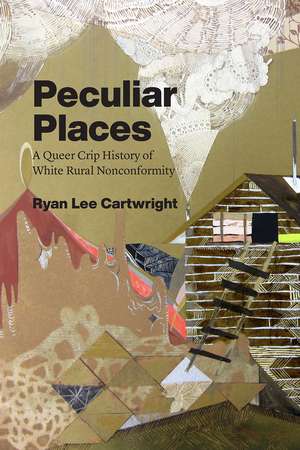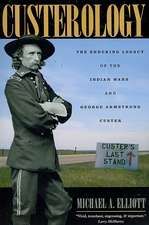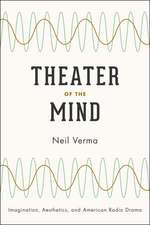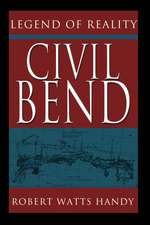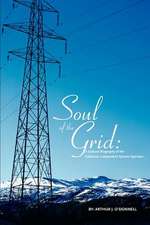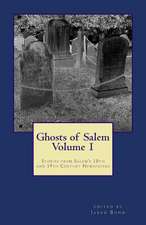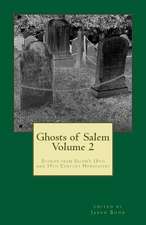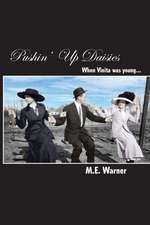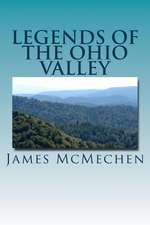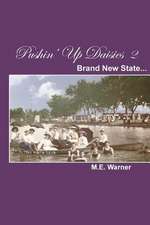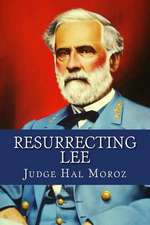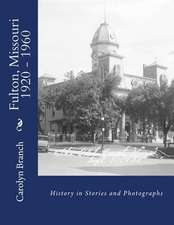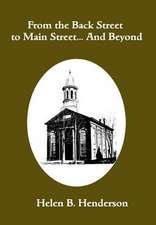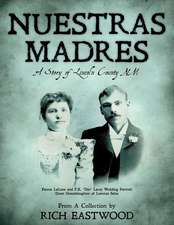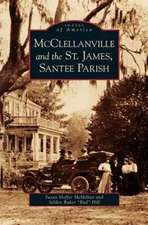Peculiar Places: A Queer Crip History of White Rural Nonconformity
Autor Ryan Lee Cartwrighten Limba Engleză Paperback – 2 sep 2021
Sensationalized accounts of white rural communities’ aberrant sexualities, racial intermingling, gender transgressions, and anomalous bodies and minds, which proliferated from the turn of the century, created a national view of the perversity of white rural poverty for the American public. Cartwright contends that these accounts, extracted and estranged from their own ambivalent forum of community gossip, must be read in kind: through a racialized, materialist queercrip optic of the deeply familiar and mundane. Taking in popular science, documentary photography, news media, documentaries, and horror films, Peculiar Places orients itself at the intersections of disability studies, queer studies, and gender studies to illuminate a racialized landscape both profoundly ordinary and familiar.
| Toate formatele și edițiile | Preț | Express |
|---|---|---|
| Paperback (1) | 235.81 lei 6-8 săpt. | |
| University of Chicago Press – 2 sep 2021 | 235.81 lei 6-8 săpt. | |
| Hardback (1) | 663.42 lei 6-8 săpt. | |
| University of Chicago Press – 2 sep 2021 | 663.42 lei 6-8 săpt. |
Preț: 235.81 lei
Nou
Puncte Express: 354
Preț estimativ în valută:
45.14€ • 46.43$ • 37.45£
45.14€ • 46.43$ • 37.45£
Carte tipărită la comandă
Livrare economică 19 februarie-05 martie
Preluare comenzi: 021 569.72.76
Specificații
ISBN-13: 9780226696881
ISBN-10: 022669688X
Pagini: 272
Ilustrații: 33 halftones
Dimensiuni: 152 x 229 x 20 mm
Greutate: 0.37 kg
Ediția:First Edition
Editura: University of Chicago Press
Colecția University of Chicago Press
ISBN-10: 022669688X
Pagini: 272
Ilustrații: 33 halftones
Dimensiuni: 152 x 229 x 20 mm
Greutate: 0.37 kg
Ediția:First Edition
Editura: University of Chicago Press
Colecția University of Chicago Press
Notă biografică
Ryan Lee Cartwright is assistant professor of American studies at the University of California, Davis.
Cuprins
Introduction: QueerCrip Historical Analysis and the Rural White Anti-Idyll
One: Harlots from the Hollow: Eugenic Detectives on the Lookout for the Rural White Hovel Family
Two: Curious Scenes: The Fringes of Rural Rehabilitation in 1930s Documentary Photography
Three: Madness in the Dead Heart: Ed Gein and the Fabrication of the Transgender Heartland “Psycho” Killer Myth
Four: “Maimed in Body and Spirit”: The Spectacle of White Appalachian Poverty Tours during the 1960s
Five: Banjos, Chainsaws, and Sodomy: Making 1970s Rural Horror Films and the Apex of the Anti-Idyll
Six: Estranged but Not Strangers: Nonconformity Encounters Identity in 1990s Hate-Crime Documentaries
Acknowledgments
Notes
Bibliography
Index
One: Harlots from the Hollow: Eugenic Detectives on the Lookout for the Rural White Hovel Family
Two: Curious Scenes: The Fringes of Rural Rehabilitation in 1930s Documentary Photography
Three: Madness in the Dead Heart: Ed Gein and the Fabrication of the Transgender Heartland “Psycho” Killer Myth
Four: “Maimed in Body and Spirit”: The Spectacle of White Appalachian Poverty Tours during the 1960s
Five: Banjos, Chainsaws, and Sodomy: Making 1970s Rural Horror Films and the Apex of the Anti-Idyll
Six: Estranged but Not Strangers: Nonconformity Encounters Identity in 1990s Hate-Crime Documentaries
Acknowledgments
Notes
Bibliography
Index
Recenzii
“Peculiar Places represents applied queercrip theory at its best. Cartwright’s writing is lucid, even page-turning, and his scholarship sound and persuasive, arguing that sensationalized accounts of the disabled, dispossessed, and marginalized in twentieth-century rural America can be repurposed to unpack countless norms and deviancies. In its bold theoretical interventions, innovative historical analysis, and stunning argumentation, Peculiar Places is outstanding, a model of intellectual courage. This pathbreaking work will inspire and steer scholarship for decades to come.”
“By offering detailed analyses of quotidian encounters, Cartwright reveals the complex ways ‘poor rural white folks living on the margins’ were defined, pathologized, surveilled, and violated. But rather than present binary narratives of ableist victimization and heroic transgression, Cartwright underscores the way these same people often relied on racial hierarchies and settler claims to indigenous land. Peculiar Places offers a way of doing disability studies that can simultaneously recognize queercrip practices of interdependence and violence.”
"Offers generative contributions, more broadly, to the field of queer studies through a nuanced and complicated view of the rural, and. . . a necessary intersectional queer lens to rural studies. Ultimately, [Peculiar Places] asks the reader to interrogate not just ways of looking but also the implications of being seen. "
"Peculiar Places challenges the reader to consider the complex interconnections and interdependencies of race, class, gender, sexuality, and ability in rural spaces in an effective and accessible manner. As such, this book contributes to a better understanding of the anti-idyllic lens through which individuals are taught to read rural America."
"Ryan Lee Cartwright’s Peculiar Places: A Queer Crip History of White Rural Nonconformity is a clear and well-researched book, one that deploys insights from queer and disability studies to explore the contradictory place of white rural nonconformity."
